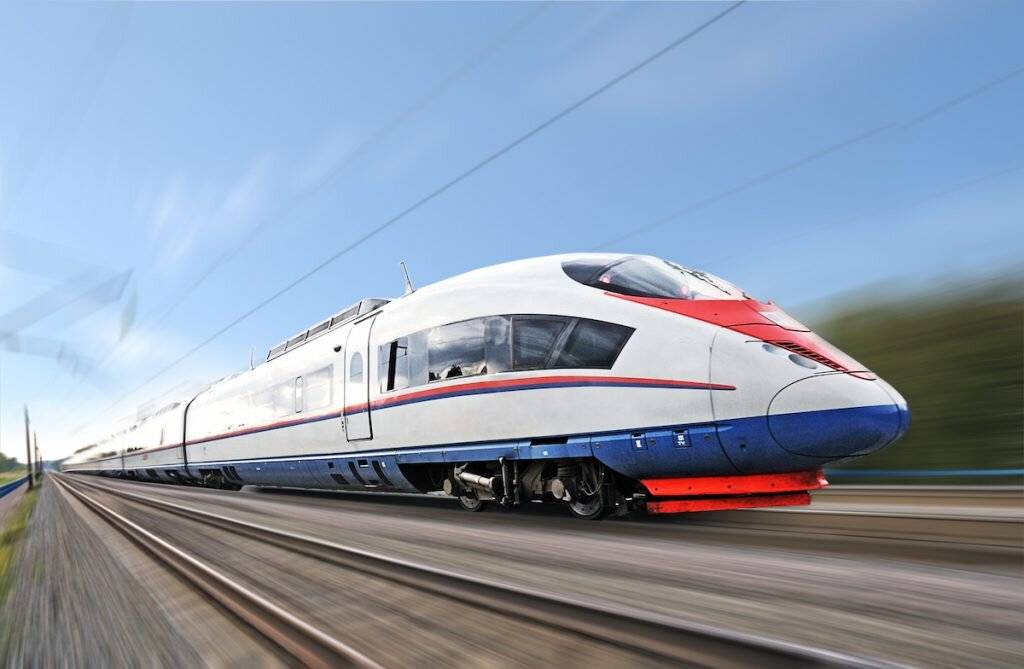Thailand's high-speed train project, which is being built in partnership with China, has faced several delays over the years. However, the Thai government and Chinese contractors have assured the public that the project is still on track, despite setbacks caused by the Covid-19 pandemic and other challenges.
The high-speed train project, also known as the Bangkok-Nakhon Ratchasima high-speed railway, is a 253-kilometer-long train line that will connect Bangkok to Nakhon Ratchasima, a major city in northeastern Thailand. The train line is being built using Chinese technology and funding, and is part of China's ambitious Belt and Road Initiative.
According to a Bangkok Post, the high-speed train project has made significant progress. The article reports that the project is 70% complete, and that the first section of the train line, which will run from Bangkok to Nakhon Ratchasima, is expected to be operational by the end of 2026. The train will travel at a maximum speed of 250 kilometers per hour, reducing travel time between the two cities from five hours to just over two hours.

The project has faced delays due to land acquisition issues, which have since been resolved. The project has also been affected by the Covid-19 pandemic, which has caused delays in the delivery of materials and equipment. However, Chinese contractors have remained committed to the project and have worked to overcome these challenges.
China Railway International Group, the main contractor for the project, has increased its workforce in Thailand to over 10,000 workers, and is working around the clock to ensure that the project is completed on time. The project has also created job opportunities for local workers, who are involved in various aspects of the construction process.
The high-speed train project is expected to have a significant impact on Thailand's economy and transportation infrastructure. The train line will improve connectivity between Bangkok and northeastern Thailand, facilitating the movement of goods and people. It is also expected to stimulate economic growth in the region by creating new business opportunities and jobs.
In addition to the Bangkok-Nakhon Ratchasima high-speed railway, there are plans to extend the train line further east to Nong Khai, a city on the border with Laos. This extension, known as the Bangkok-Nong Khai high-speed railway, is currently in the planning stages and is expected to be completed by 2030.
However, the high-speed train project has also faced criticism and opposition from some groups, who are concerned about the environmental impact of the project, as well as its cost and potential debt burden for Thailand. Some critics have also raised concerns about the quality and safety of Chinese-made trains and technology.
Despite these challenges and criticisms, the Thai government and Chinese contractors remain optimistic about the project's success. The high-speed train project is seen as a key component of Thailand's efforts to modernize its transportation infrastructure and promote economic development, and is expected to play a major role in the country's future growth and prosperity.
References:
Bangkok Post. "High-speed train still on track." Bangkok Post, 22 April 2023, https://www.bangkokpost.com/thailand/general/2475604/high-speed-train-still-on-track.
France24. "Thailand's China-built high-speed rail on track but delayed." France24, 12 April 2023, https://www.france24.com/en/live-news/20230412-thailand-s-china-built-high-speed-rail-on-track-but-delayed.



















